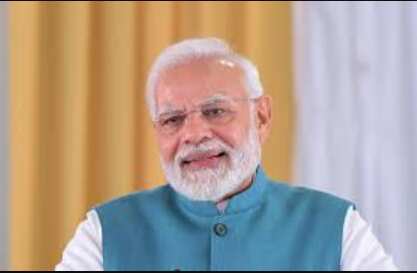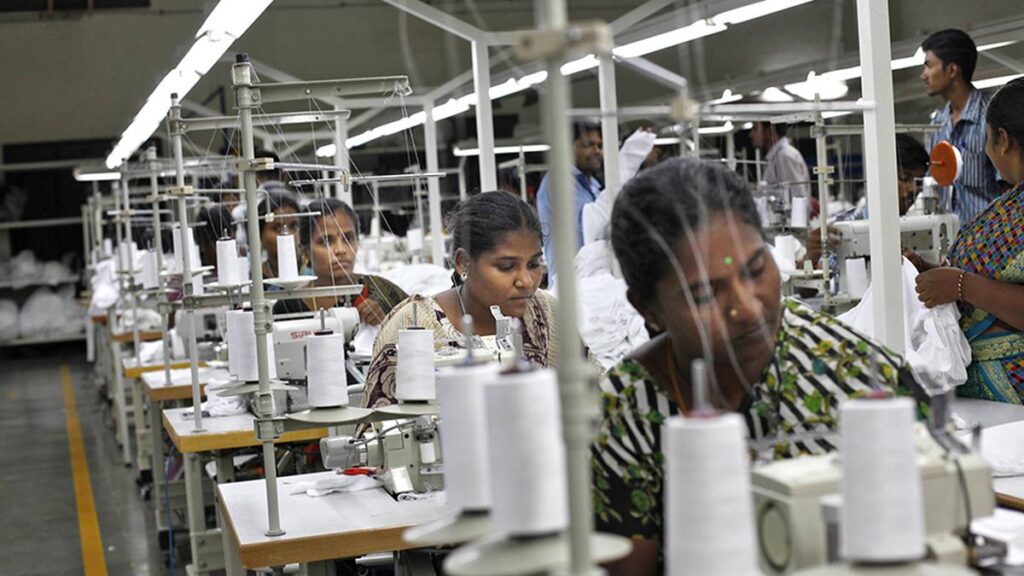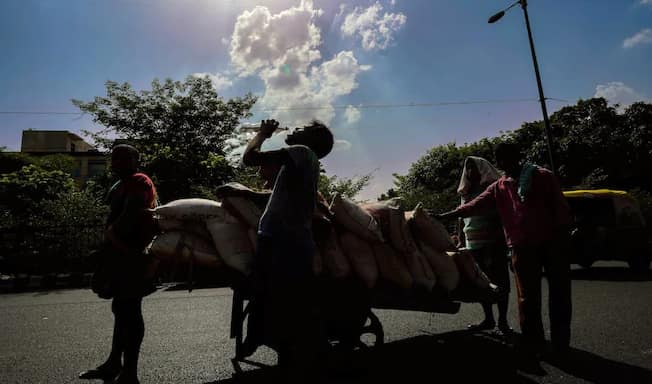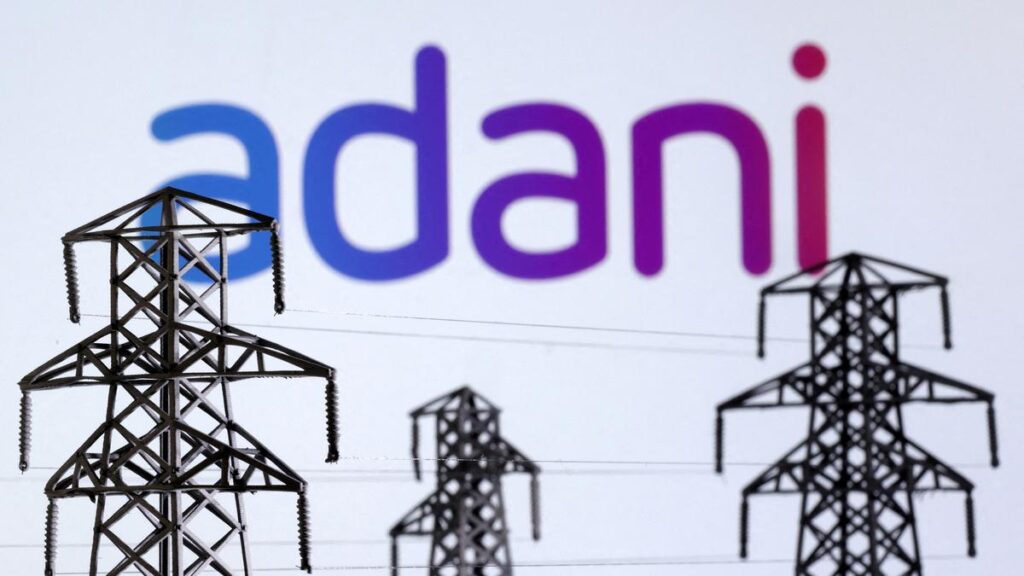Prime Minister Narendra Modi has achieved another political milestone as he has become the second-largest serving PM of India in consecutive terms after Indira Gandhi.
Modi took oath as Prime Minister for the first time on May 26, 2014, and has served a total of 11 years and 60 days in office to date. While Gandhi had served for 11 years and 59 days in office in consecutive terms.
Notably, he is the first non-Congress Prime Minister to mark this achievement.
Additionally, Narendra Modi is the first Prime Minister born after independence and the longest-serving from a non-Hindi state. He is the only PM, apart from Jawaharlal Nehru, to win three
consecutive elections as leader of a party. Modi is the only leader in India, among all PMs and CMs, to win six consecutive elections as the leader of a party – 2002 Gujarat, 2007 Gujarat, 2012 Gujarat, 2014 National, 2019, National, 2024 National.
Prime Minister Modi has previously served as the Prime Minister of India from 2014 to 2019 and from 2019 to 2024.
He also has the distinction of being the longest-serving Chief Minister of Gujarat, with his term spanning from October 2001 to May 2014
In the 2014 and 2019 Parliamentary elections, PM Modi led the Bharatiya Janata Party to record Lok Sabha wins, securing an absolute majority on both occasions.
The last time that a political party secured such an absolute majority was in the 1984 elections, in which Congress secured a landslide victory.
Prime Minister Modi-led government has also taken several notable decisions during his term, including the Abrogation of Article 370, the abolition of Triple Talaq, the construction of Ram Janmbhoomi Temple in Ayodhya, the Waqf Amendment Act, etc.
Also Read: Nirmala Sitharaman becomes longest-serving Finance Minister in India’s history
A look at the key milestones under the Modi government
Sabka Saath Sabka Vikas Sabka Vishwas Sabka Prayas
“Bharat is changing, and it is changing rapidly. People’s self-confidence, their trust in the government, and the commitment to build a new Bharat is visible everywhere,” said Modi.
Key takeaways:
- 15.59 crore rural households now have tap water connections; 100% Har Ghar Jal in 8 states and 3 UTs.
- Nearly 4 crore houses completed; 92.35 lakh delivered under PMAY-U, with over 90 lakh owned by women.
- 2.86 crore households electrified under Saubhagya; 22.6 hours average rural supply.
- Swachh Bharat Mission: 12 crore household toilets built; 5.64 lakh villages declared ODF Plus.
- Ayushman Bharat: Covers 55 crore people; benefits extended to all citizens 70+ under Ayushman Vay Vandana.
- Free ration to 81 crore beneficiaries; Rs 11.80 lakh crore outlay till 2028.
- Over 10.33 crore LPG connections provided under PM Ujjwala Yojana.
- 1.57 lakh startups recognised; 118 unicorns.
10 Years of Smart Cities Mission
“Hundreds of small cities have a key role in achieving the resolve of a developed India by 2047. Our government is upgrading basic facilities in such urban centres to improve ease of living,” said Modi.
Key takeaways:
- 94 per cent of the total 8,067 projects under Smart Cities Mission have been completed, with Rs 1.64 lakh crore invested.
- Cities followed area-based and pan-city approaches to improve infrastructure and services.
- All 100 cities have Integrated Command and Control Centres using tech like Artificial Intelligence and Internet of Things for better city management.
- Thousands of smart roads, cycle tracks, classrooms, and health centres have been built.
- Initiatives like Cycles4Change and Streets4People promoted open spaces and inclusivity.
10 Years of AMRUT
Key takeaways:
- Over the last 10 years, 2.03 crore tap connections and 1.50 crore sewer connections have been provided under Amrut & Amrut 2.0.
- Rs 2.73 lakh crore worth of projects sanctioned; Rs 1.12 lakh crore worth of works completed.
- 99 lakh LED streetlights installed, saving 666 crore kWh of power and reducing 46 lakh tonnes of CO₂ annually.
- Rs 4,984 crore raised by 13 ULBs through municipal bonds for urban infrastructure.
Bharat’s Global Footprint
In the last 11 years, India has stepped up as a global leader through impactful initiatives that blend vision with execution. Whether it is climate change, energy transition, public health, or artificial intelligence, India has driven conversations and crafted coalitions that put the nation’s priorities at the centre of global discourse.
Under Modi’s leadership, India’s approach has been rooted in responsibility and inclusion, always placing national interest within a wider humanitarian framework. These initiatives have helped India shape a new global order while safeguarding its sovereignty and amplifying its strategic voice.
With inputs from agencies





